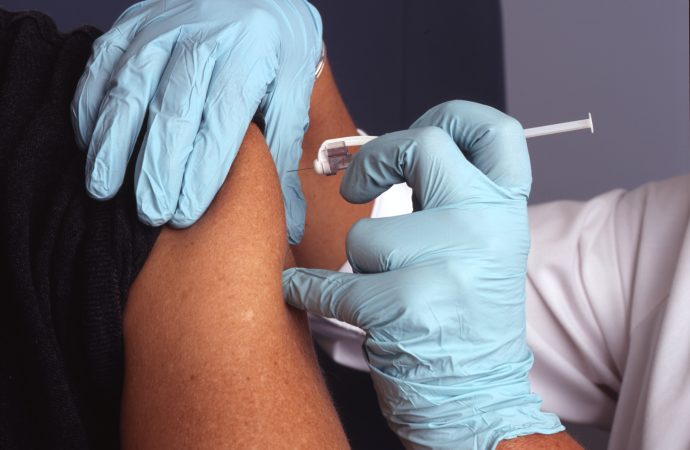Bubonic plague, also known as the Black Death, is a highly infectious disease caused by the bacterium Yersinia pestis. The disease has a long and devastating history, having killed millions of people throughout the world. In this article, we will take a closer look at how bubonic plague spread from rats to humans, and its
Bubonic plague, also known as the Black Death, is a highly infectious disease caused by the bacterium Yersinia pestis. The disease has a long and devastating history, having killed millions of people throughout the world. In this article, we will take a closer look at how bubonic plague spread from rats to humans, and its global consequences.
The primary carrier of bubonic plague is the rat flea. The disease is transmitted when fleas that have fed on infected rats bite humans, transmitting the bacteria into the human bloodstream. Once infected, the disease can cause flu-like symptoms, including fever, chills, weakness, and swollen lymph nodes. If left untreated, the disease can be fatal.
The first recorded outbreak of bubonic plague occurred in the 6th century, in the Byzantine Empire. From there, the disease spread throughout Europe, Asia, and Africa, causing devastating pandemics and epidemics. The most famous pandemic, known as the Black Death, occurred in Europe during the 14th century, killing an estimated 50 million people.
The spread of bubonic plague has had far-reaching consequences throughout history. It has impacted global trade, caused social and economic upheaval, and affected the course of history. During the Middle Ages, the disease led to a shortage of labor and caused a decline in agricultural production, leading to food shortages and economic instability.
In addition to its impact on society, bubonic plague has also had a significant impact on global health. Despite centuries of research, the disease still poses a threat to human health, with sporadic outbreaks occurring in various parts of the world. In recent years, outbreaks have occurred in countries such as Madagascar, India, and the United States.
The spread of bubonic plague also has implications for global health security. The disease is highly infectious and can spread rapidly, making it a potential threat to global health. As such, it is important for countries to work together to develop strategies for preventing and controlling outbreaks of the disease.
One way to prevent the spread of bubonic plague is through improved sanitation and hygiene. This includes measures such as rat control, proper waste management, and maintaining clean living conditions. It is also important to improve access to healthcare, so that infected individuals can receive timely treatment and prevent the disease from spreading.
In conclusion, the spread of bubonic plague from rats to humans has had far-reaching consequences throughout history. From the Black Death pandemic in the 14th century to more recent outbreaks, the disease has caused widespread fear and devastation. It has impacted global trade, caused social and economic upheaval, and affected the course of history. As we continue to face the threat of bubonic plague, it is important for countries to work together to prevent and control outbreaks of the disease, through measures such as improved sanitation and hygiene, and access to healthcare.
When reporting on the spread of bubonic plague and its global consequences, it’s important to verify sources and provide accurate information. It’s also important to highlight the impact that the disease has had on society and global health security. As a journalist, it’s crucial to maintain a neutral perspective and adhere to ethical standards. By doing so, we can provide valuable information to readers and help them better understand the world around them.

















Leave a Comment
Your email address will not be published. Required fields are marked with *